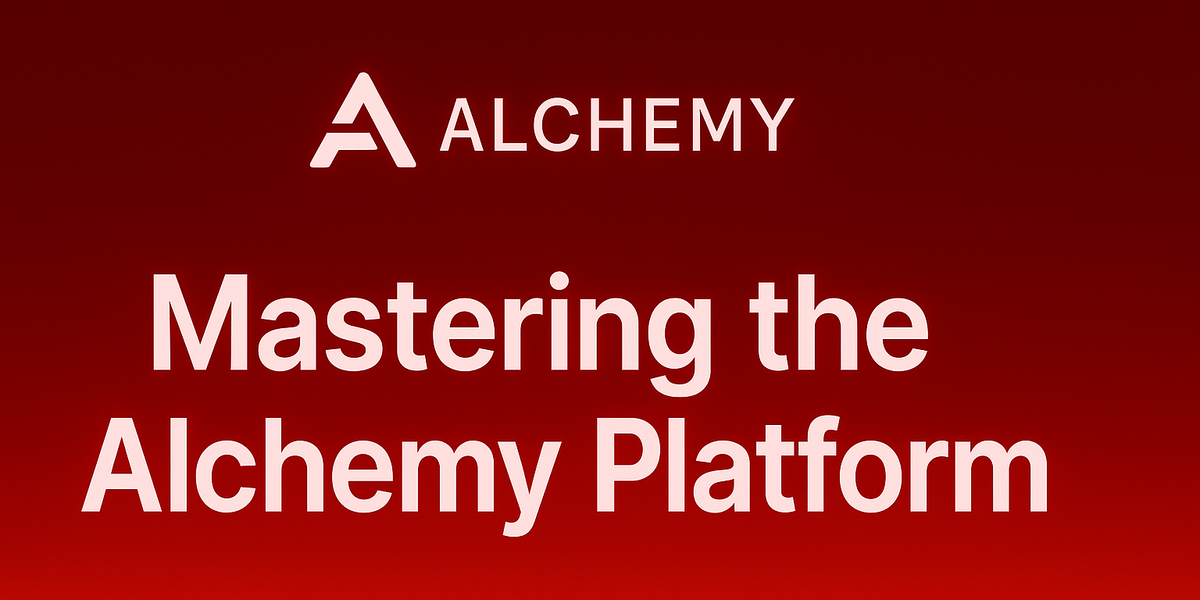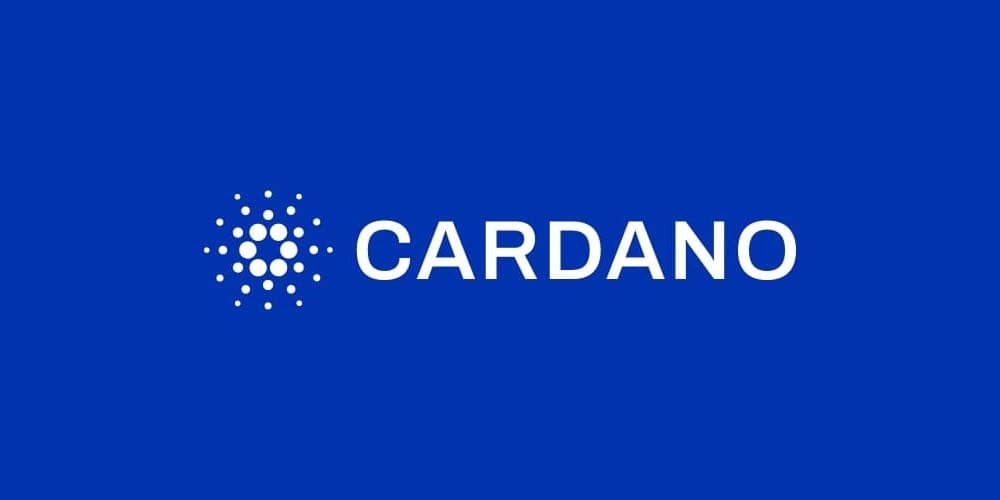Blockchain and Artificial Intelligence (AI) are two transformative technologies that are converging to create new opportunities and address significant challenges across industries. Researchers are actively exploring how these technologies can complement each other, from enhancing data privacy to developing autonomous decision-making frameworks. Below, we provide an overview of some recent scientific papers on the topic, highlighting their primary focus and contributions.
1. Blockchain and AI Synergies: Revolutionizing Multiple Domains
Blockchain and AI integration is at the forefront of the next technological revolution, often referred to as the Fourth Industrial Revolution. Blockchain's decentralized and immutable ledger complements AI's capabilities in processing and analyzing vast amounts of data. This synergy not only enhances existing business models but also introduces new paradigms like decentralized AI governance and privacy-preserving AI systems.
Key Contributions
- The convergence of blockchain and AI is transforming various domains, including supply chain, finance, and healthcare.
- The integration aims to create more transparent, decentralized, and secure solutions that benefit from AI's decision-making power and blockchain's trust and transparency.
2. Enhancing Security and Privacy through AI and Blockchain
One major theme in the research is the use of blockchain to secure AI models and data, as well as the use of AI to detect fraud and enhance blockchain security. Researchers are investigating AI-driven models that monitor blockchain networks for suspicious activity, which is crucial in mitigating risks such as money laundering and cyber attacks.
Key Contributions
- Blockchain’s immutability secures AI models from tampering.
- AI's ability to detect anomalous patterns ensures that blockchain networks are continuously monitored for security threats.
3. Decentralized AI Marketplaces and Federated Learning
Decentralized AI marketplaces have emerged as a prominent use case for blockchain. These platforms allow developers to share data securely and monetize AI models. Federated learning, a privacy-preserving machine learning technique, is also being enabled through blockchain. This approach allows AI models to train on decentralized datasets without the need to centralize the data.
Key Contributions
- Blockchain-enabled federated learning addresses data privacy concerns by allowing AI models to learn from decentralized data without sharing it centrally.
- Decentralized AI marketplaces are being explored to incentivize data sharing and make AI more accessible.
4. Optimistic Privacy-Preserving AI and Large Language Models
To address privacy concerns, a novel framework called Optimistic Privacy-Preserving AI (opp/ai) has been proposed. It uses blockchain to balance privacy protection and computational efficiency. Another study integrates blockchain with large language models (LLMs) to create trusted AI systems, ensuring that sensitive data remains secure.
Key Contributions
- Privacy-preserving AI frameworks leverage blockchain to keep data secure while maintaining computational efficiency.
- Blockchain is used to build trust around large language models by creating auditable, immutable logs of AI decisions.
5. Blockchain for AI Governance and Scalability
The use of AI in blockchain governance is also gaining attention. AI can facilitate more efficient, data-driven decisions for decentralized autonomous organizations (DAOs). Additionally, AI-driven predictive analytics are being used to enhance blockchain scalability by forecasting resource requirements and optimizing consensus protocols.
Key Contributions:
- AI-driven governance models for blockchain provide autonomous decision-making capabilities that minimize human biases.
- Predictive analytics powered by AI can enhance blockchain scalability by proactively managing network resource allocation.
Feature Table of Key Papers on Blockchain and AI Integration
| Title | Authors | Publication Date | Key Focus | Main Contributions | Applications | Challenges |
|---|---|---|---|---|---|---|
| Blockchain and Artificial Intelligence: Synergies and Conflicts | Leon Witt, Armando Teles Fortes, Kentaroh Toyoda, Wojciech Samek, Dan Li | 2024 | Synergies and conflicts | Analysis of how AI and blockchain interact, with benefits and potential conflicts | General applications | Interoperability issues |
| Machine Learning for Blockchain Data Analysis | Poupak Azad, Cuneyt Gurcan Akcora, Arijit Khan | 2024 | Blockchain data analysis | Application of ML to enhance blockchain capabilities (e.g., crime detection) | Security, Fraud detection | Data quality concerns |
| Optimistic Privacy-Preserving AI on Blockchain (opp/ai) | Cathie So, KD Conway, Xiaohang Yu, Suning Yao, Kartin Wong | 2024 | Privacy-preserving AI | Proposal of a privacy-preserving AI framework using blockchain | Privacy, Data Security | Balancing privacy and efficiency |
| Generative AI-enabled Blockchain Networks | Cong T. Nguyen, Yinqiu Liu, Hongyang Du, Dinh Thai Hoang, Dusit Niyato, Diep N. Nguyen | 2024 | AI for blockchain scalability | Analysis of AI generative models addressing blockchain challenges | Scalability, Security | Complexity of integration |
| Trusted AI with Blockchain and Large Language Models | Haoxiang Luo, Jian Luo, Athanasios V. Vasilakos | 2023 | Trusted AI systems | Integration of blockchain with LLMs to enhance trust and security | Data Security, Governance | Ensuring trust and efficiency |
| Integration of Blockchain and AI in Supply Chain Management | Ashutosh Verma | 2023 | Supply chain transformation | Addressing challenges in decentralized supply chain management using AI and blockchain | Supply chain | Initial conceptual models |
| Blockchain Technology and Artificial Intelligence Together | Hamed Taherdoost | 2022 | Current research trends | Analysis of blockchain and AI synergies in supply chain and security | Supply chain, Security | Conceptual nature, Early stage |
| AI and Blockchain Integration in Business | Satish Kumar, Weng Marc Lim, Uthayasankar Sivarajah, Jaspreet Kaur | 2022 | Business applications | Characterization of trends and benefits of AI and blockchain integration in industries | Business | Regulatory and ethical issues |
| Blockchain for AI: Review and Open Challenges | Khaled Salah, M. Habib Ur Rehman, Nishara Nizamuddin, Ala Al-Fuqaha | 2021 | AI and blockchain platforms | Identification of emerging applications and research gaps | General AI and blockchain integration | Unresolved technical challenges |
References
- Blockchain Technology and Artificial Intelligence Together: A Survey of the Current Research Trends
MDPI. Published in 2022.
Available at: https://www.mdpi.com/2076-3417/12/24/12948 - A Critical Analysis of the Integration of Blockchain and Artificial Intelligence in Supply Chain Management
Springer Contributors. Published in 2023.
Available at: https://link.springer.com/article/10.1007/s10479-023-05169-w - The Convergence of Artificial Intelligence and Blockchain: The Fourth Industrial Revolution
MDPI. Published in 2022.
Available at: https://www.mdpi.com/2078-2489/15/5/268 - Blockchain for AI: Review and Open Research Challenges
IEEE Contributors. Published in 2021.
Available at: https://ieeexplore.ieee.org/document/8598784 - Artificial Intelligence and Blockchain Integration in Business: Trends and Applications
Springer Contributors. Published in 2022.
Available at: https://link.springer.com/article/10.1007/s10796-022-10279-0 - Blockchain and Artificial Intelligence: Synergies and Conflicts
ArXiv Authors. Published in 2024.
Available at: https://arxiv.org/pdf/2405.13462 - Machine Learning for Blockchain Data Analysis: Progress and Opportunities
ArXiv Authors. Published in 2024.
Available at: https://arxiv.org/html/2404.18251v1 - opp/ai: Optimistic Privacy-Preserving AI on Blockchain
ArXiv Contributors. Published in 2024.
Available at: https://arxiv.org/abs/2402.15006 - Generative AI-enabled Blockchain Networks: Fundamentals, Applications, and Case Study
ArXiv Authors. Published in 2024.
Available at: https://arxiv.org/pdf/2401.15625 - BC4LLM: Trusted Artificial Intelligence When Blockchain Meets Large Language Models
ArXiv Contributors. Published in 2023.
Available at: https://arxiv.org/abs/2310.06278
Conclusion
The research on blockchain and AI integration highlights immense opportunities to combine the best of both technologies—AI’s data-driven decision-making capabilities with blockchain’s transparency and security. These papers indicate that this convergence can solve longstanding challenges related to data privacy, security, and scalability, while also opening doors to new business models and decentralized applications.
Future research is required to address unresolved challenges like regulatory compliance, interoperability, and ensuring ethical AI use. As the field progresses, developers, researchers, and businesses must continue exploring how to best leverage these technologies to create innovative and impactful solutions.
Are you ready to explore this exciting frontier? Discover how blockchain and AI are shaping the future of technology, security, and business. 🚀





Comments